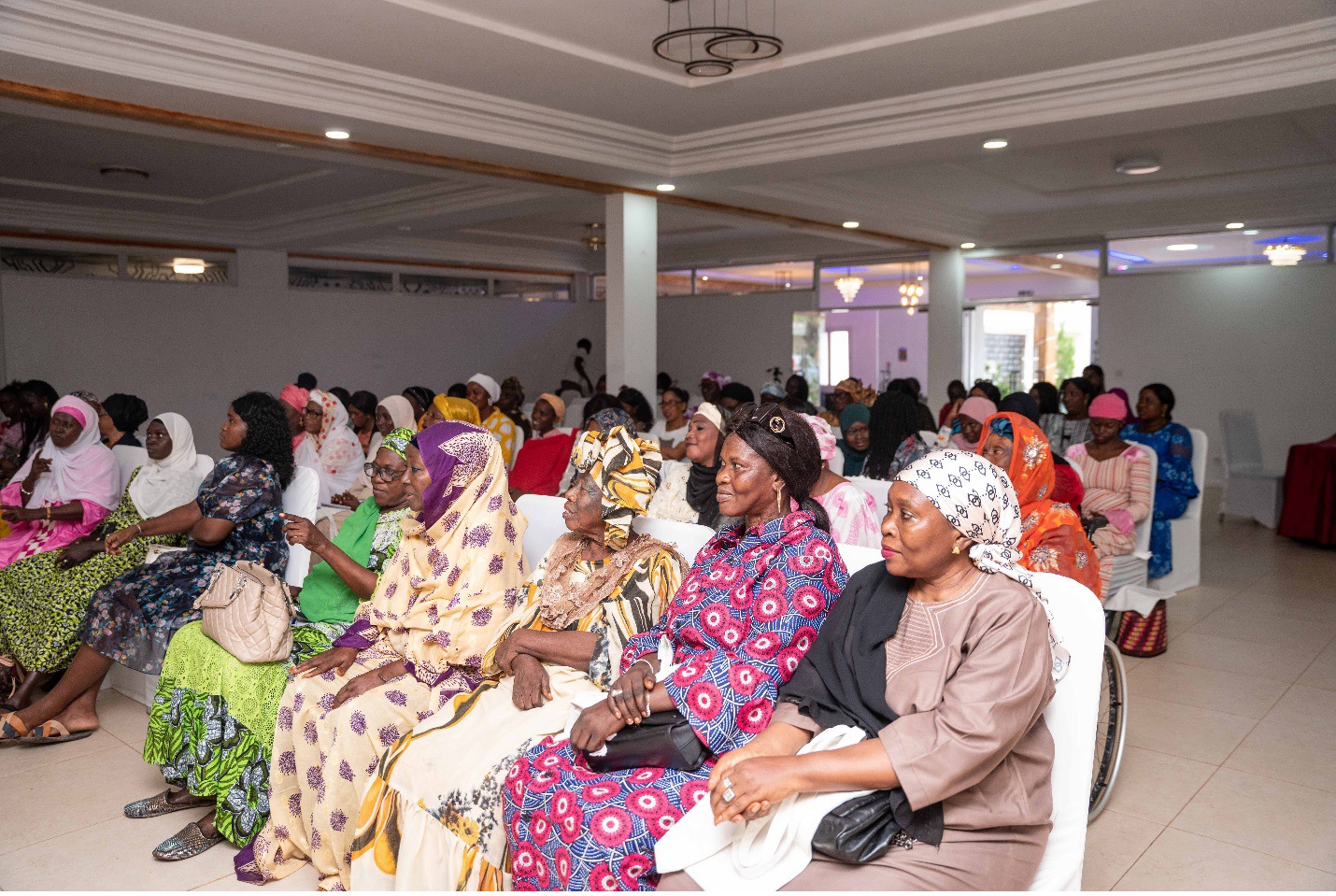Empowering Women: Building Capacity for Inclusive Decision-Making
December 30, 2024

Gambian women constitute 51% of the population (GBOS Census Report 2024) and a significant portion of registered voters according to the Independent Electoral Commission’s (IEC) reports on election statistics 2017. However their representation in political offices remains disproportionately low.
In the April 2023 local government elections, only 18 women councilors were elected representing 15% of 120 elected councilors. This disparity extends across all levels of government, where women hold only 14% percent of cabinet positions and 8.6 percent of seats in the National Assembly.
With few prominent women leaders, the low number of women in political roles does not inspire young women in politics nor do they have a wide pool of mentors. Recognising the need for change in this area, UNDP in collaboration with the Ministry of Gender Children and Social Welfare and the Maa Foundation for Women organized a three-day leadership training designed to empower 100 aspiring women politicians[EE1] , foster mentorship relationships, and offer guidance from experienced female leaders. It also equipped participants with the confidence and skills to drive positive change in their communities.
During the training, Agie Saptieu Jaiye, councilor-elect from London Corner Ward, shared her experience as a woman politician navigating societal norms that often expect women to be caregivers and nurturers at home, rather than leaders in the political arena. These expectations not only stigmatize women who pursue leadership roles but also limit their opportunities, subject them to heightened scrutiny, and impose psychological and social barriers.
Despite these challenges, Agie continues to challenge deeply ingrained stereotypes and break barriers for women in leadership, inspiring others to envision a more inclusive political landscape. Agie was eight months pregnant when she embarked on her political campaign ahead of the 2022 councillorship election, an unusual and bold move that drew criticism from her male counterparts and members of the community. Many questioned her ability to contest elections while pregnant, dismissing her candidacy with comments like, "You cannot vote for a pregnant woman."Such remarks were not only disheartening but underscored the persistent stereotypes and biases that women in leadership positions often face.

Agie pressed on, determined to serve her community. However, just three days after giving birth, she tragically lost her child. This heartbreaking event added to the immense emotional and physical challenges she faced as a woman in the political sphere. In the face of this unimaginable grief, Agie remained resolute and resilient in her commitment to lead. Her strength and perseverance became a beacon of inspiration, as she continued to pursue opportunities to serve and improve her community.
During the training, Agie encouraged other aspiring female leaders not to lose hope or be discouraged by the obstacles they may encounter, no matter how difficult. Her story is a powerful reminder of the resilience required for women to break through the barriers that hinder their full participation in leadership and highlights the urgent need to address the gender-based challenges that women leaders face.
Through this three-day leadership training program, , UNDP The Gambia reinforces its commitment to gender equality and empowering women to rise above societal stereotypes. This initiative, one of many capacity-building programs supported by UNDP, equips aspiring female politicians with essential leadership skills, builds confidence, and fosters a supportive network where they can connect, share experiences, and uplift one another. These efforts play a vital role in increasing women’s representation in leadership and enabling them to contribute meaningfully to their communities.

 Locations
Locations